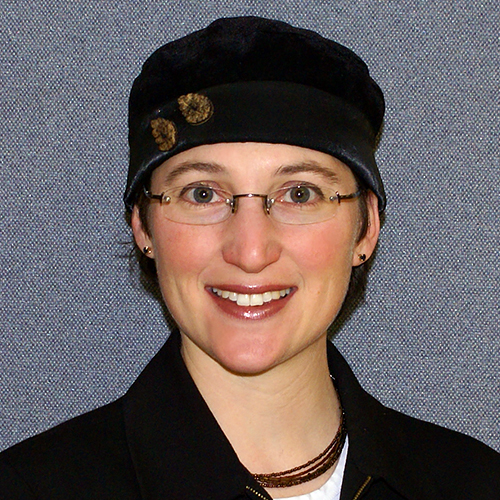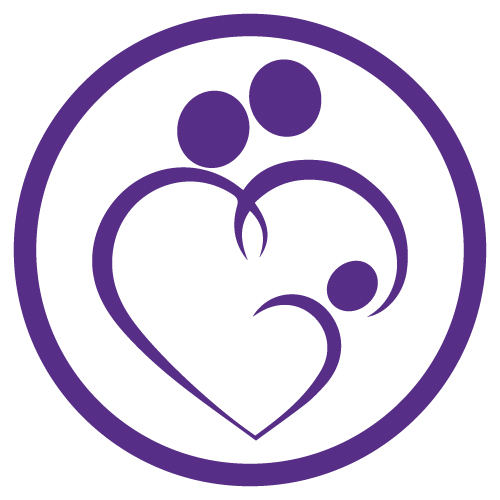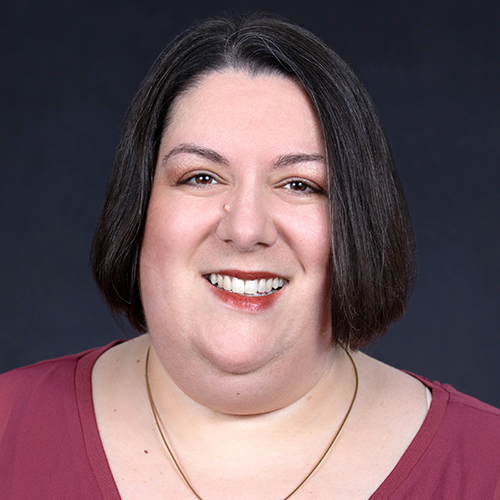 Lactation & Breastfeeding Online Course(s) & Continuing Education
Lactation & Breastfeeding Online Course(s) & Continuing Education
Access the latest clinical skills and research for Lactation & Breastfeeding for professional training. These Lactation & Breastfeeding online courses provide practice-changing skills and valuable perspectives from leading global experts. This Lactation & Breastfeeding education has been accredited for a variety of CEUs / CERPs and can be accessed on-demand, at your own pace.
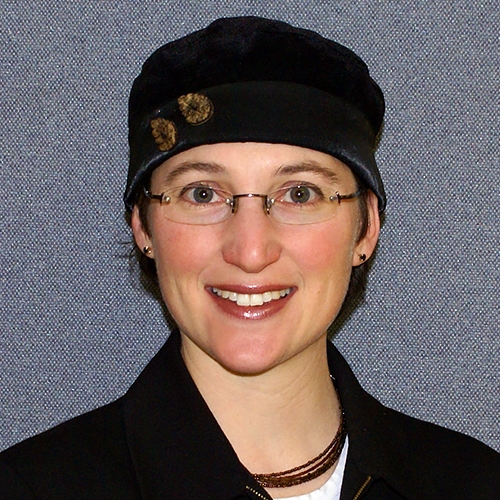
Delayed Lactogenesis II In Women With Gestational Diabetes Mellitus

Dr. Ilana Azulay Chertok is a Professor and Associate Director of Nursing Research and Scholarship at the Ohio University, College of Health Sciences and Professions, School of Nursing. She earned her bachelor’s in international relations and nursing, master’s in nursing, doctorate (PhD) in epidemiology, and post-doctorate in nursing research. The primary focus of her research is national and global maternal-infant health, specifically lactation and breastfeeding research. She has published and presented her work in national and international journals, conferences, and other professional forums. Dr. Chertok has served as a mentor to undergraduate students, graduate students, and health professionals of various disciplines including nursing, medicine, and public health. Currently, she is the lead PI on a study examining the differences in breastfeeding and breast milk between women with and without gestational diabetes mellitus.
Background: Higher intensity and longer duration of breastfeeding is associated with protection against type 2 diabetes development. While exclusive breastfeeding is optimal, women with gestational diabetes mellitus (GDM) have lower exclusive breastfeeding rates than non-diabetic women. While women with GDM have expressed that they feel that their milk “comes in” late, there is limited biochemical validation of their perception and a lack of information regarding the difference in metabolite composition of colostrum which may influence the transition to lactogenesis II. Methods: Researchers conducted a prospective case-control pilot study involving the comparison of metabolite concentrations and maternal perception of milk “coming in” between postpartum women with GDM and without GDM. Results: There were lower concentrations of lactose and citrate, metabolites that indicate transition to lactogenesis II, in colostrum samples of women with GDM compared to non-diabetic women. Furthermore, a higher proportion of women with GDM reported a perceived delay in their milk “coming in.” Conclusions: Lower levels of lactose and citrate in the colostrum samples of women with GDM compared to those without GDM indicate delayed lactogenesis II with GDM which may suggest a biological mechanism associated with lower breastfeeding rates among women with GDM. Additionally, maternal perception of delayed lactogenesis II among women with GDM appears to be validated by biomarkers. The implications for practice relate to lactation support in the early postpartum period among women with GDM.
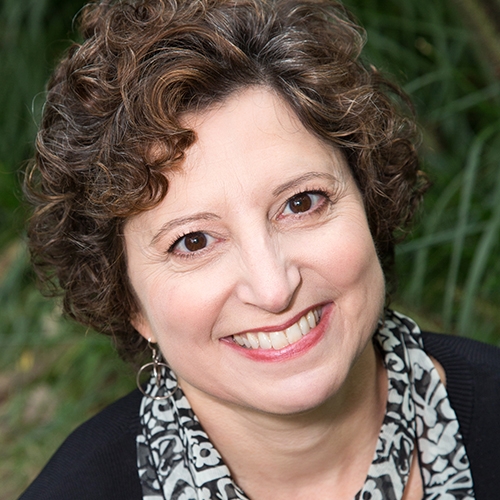
Demystifying Inducing Lactation: How Lactation Happens Without Pregnancy and Birth

Alyssa has been helping parents and babies with breastfeeding since 2002, first as a La Leche League Leader and since 2009 as an International Board Certified Lactation Consultant.
Alyssa works in private practice serving clients worldwide, primarily through telehealth. She is the author of Breastfeeding Without Birthing: A Breastfeeding Guide for Mothers Through Adoption, Surrogacy, and Other Special Circumstances and a professional supplement to the book, The Breastfeeding Without Birthing Professional Pack online training.
Alyssa has authored articles for The Journal of Human Lactation: The Three Step Framework for Inducing Lactation and Successful Co-Lactation by a Queer Couple: A Case Study. She has also authored articles for La Leche League’s Leader Today and Breastfeeding Today magazines, and Adoptive Families magazine. She is an international speaker on the topics of inducing lactation, relactation, and other related topics. Alyssa is the proud mother of three breastfed children, two by birth and one by adoption. She lives in St. Louis, Missouri, USA.
Topic: Demystifying Inducing Lactation: How Lactation Happens Without Pregnancy and Birth - [View Abstract]
Topic: ReLATCHtation: Transitioning the Exclusively Bottle-fed Baby to Nursing - [View Abstract]
Topic: Supplementation: A Goldilocks Dilemma - [View Abstract]
Topic: The Proficient Pumper - [View Abstract]
Inducing lactation may seem like milk-making magic. How can the breasts make milk without the hormones of pregnancy followed by the hormonal shift that happens with birth? We can use what is already well known about the endocrinology of lactation in general to understand how lactation happens in this very special circumstance. Parents inducing lactation may also present with more diverse hormonal profiles -- think PCOS, post-menopause, trans woman, or intersex – and all these extraordinary parents can be supported with a flexible and customizable plan to make milk. The human body is amazingly adaptable, which is so clear when a person is lactating without gestating!

View Details / Enroll
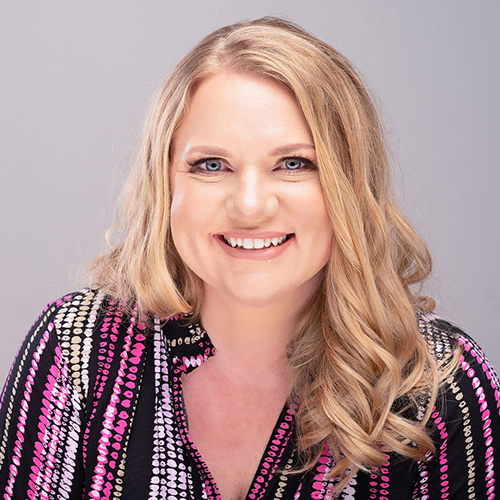
Diet Culture and Fat-Phobia: Supportive Counseling Around Weight, Health & Lactation

Bonnie Holt Logsdon (she/her), is a Registered Dietitian, International Board Certified Lactation Consultant, and Certified Lactation Educator™ through CAPPA, and a DONA-trained birth doula with over 18 years of experience in community-based practice.
In her private practice, Bonnie Knows Breast, she blends her nutrition and lactation work to support families during the prenatal and postpartum periods. Bonnie also mentors IBCLC candidate students, teaches the Certified Lactation Educator (CLE) course, and offers public speaking on lactation and nutrition-related topics.
Bonnie is committed to giving personalized, affirming care and education to each family, individual, and professional she works with! Supporting families during this critical and emotional time in their lives is such important work. Bonnie promises compassionate, non-judgmental support and information.
Bonnie and her husband Brent, have a 7-year-old son, Finley. They enjoy quality time together playing board games, cooking, traveling, and hiking in as many National Parks as possible.
The mission of Bonnie Knows Breast is to empower people with education to make informed decisions related to their health and the health of their babies. Bonnie supports families of all backgrounds, structures, and identities and believes everyone deserves to be supported in their journey.
The medical community spends a lot of time and energy discussing weight as it relates to health. This message becomes a focus particularly in the postpartum period when people begin to think about “dropping the baby weight”. A frequently shared statement about breastfeeding is that it may cause weight loss. This information can be the driver for some to decide to breastfeed.
Weight stigma is a topic that surrounds our tiny clients as early as in the womb when we talk about delivering a “big baby” or as we focus on growth charts and weight gain for babies which can be a big trigger for the parent who may have a past history of disordered eating. Comments about a baby being “too big” or having reached a certain weight and now needs solid foods sooner are often discussed.
What do our intake forms ask as it relates to weight or past history of eating disorders? How does our office furniture function to seat people comfortably with all body types? How do we communicate to clients about food intake and the impact of lactation, appropriate weight gain for a baby, or the benefits of breastfeeding?
As healthcare professionals, we have to acknowledge our own biases around weight stigma and actively work to change the way we practice to be weight inclusive for the dyad.
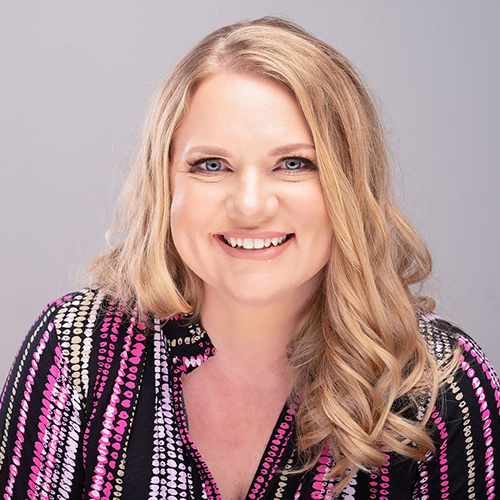
View Details / Enroll
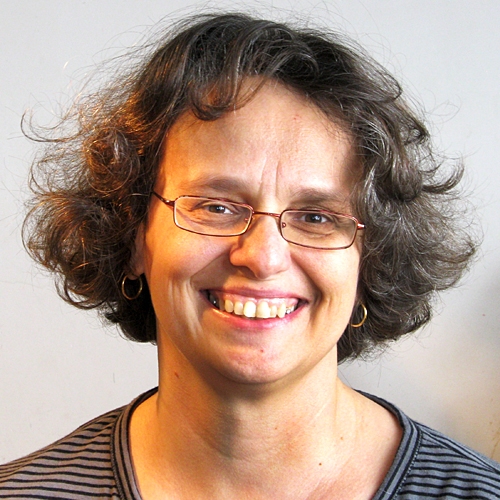
Differentiating Normal Newborn Weight Loss From Breastfeeding Failure

Micaela Notarangelo, PhD, IBCLC, RLC, obtained her IBCLC certification in 2010. She has a private lactation consultant practice in Lerici, Italy and takes a particular interest in everything that concerns breastfeeding science and medicine. From 1992 to 2001, Micaela lived in Japan, where in 1998 she earned a PhD in Economics at Hokkaido University, Sapporo. She also worked as assistant professor at Hokkaido University and Utrecht University. After returning to Italy, she became a La Leche League Leader in 2005 and was the Area Professional Liaison of LLL Italy from 2010 to 2013. In 2017, together with Chiara Toti, IBCLC, Micaela has developed a new two-day course for health care providers about breastfeeding support for babies with lip and/or palate cleft. The course has been held, with the financial support of Aismel, a parents' association, in several major Italian hospitals.
There is increasing concern for the risk of hypernatremic dehydration (HD) in infants breastfeeding poorly, and weight loss (WL) is often considered a key variable in deciding whether to supplement a newborn. However, WL is the net sum of different forces, and it might be difficult to determine which actions will be the most effective in protecting both the baby and breastfeeding. This presentation will review the newest scientific evidence about WL, and by a comparison of the results of previous quantitative studies will provide a more comprehensive framework to interpret weight changes and feeding behaviors that can be suggestive of an increased risk of HD, in order to facilitate the detection of infants who can benefit from additional breastfeeding support and those who might eventually require supplementation. The data confirm that both birth and breastfeeding perinatal practices have influence on WL and the risk of HD, and are therefore important modifiable factors to improve breastfeeding outcomes.

View Details / Enroll
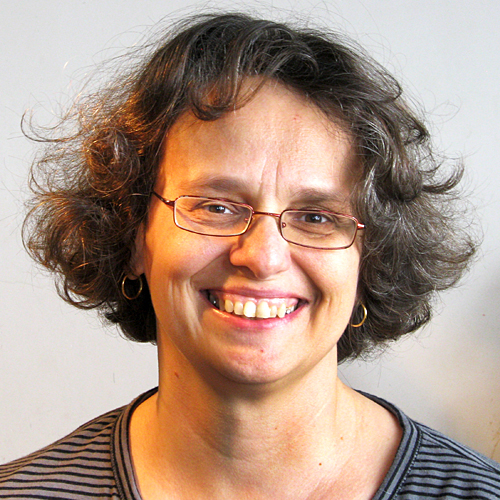
View Details / Enroll
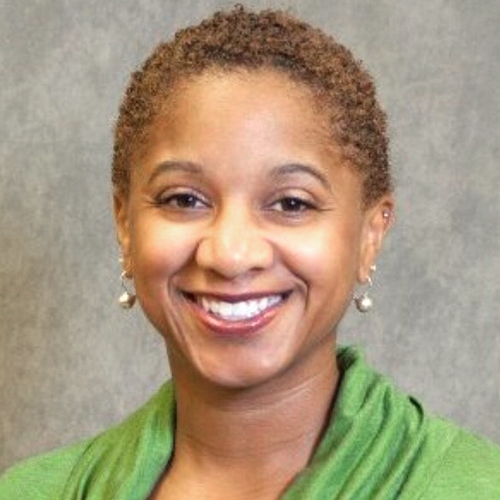
Disorganized Infant Feeding: Beyond Suck, Swallow, Breathe

Jada Wright Nichols is an Atlanta-based women’s wellness consultant. She graduated from Tennessee State University, with a bachelor’s degree in speech pathology and audiology. She has a master’s degree in occupational therapy and has worked in a variety of rehabilitation settings, across the life-span.
Additionally, she is a massage therapist, lymphedema therapist, holistic nutritionist, birth and postpartum doula, yoga instructor, and international board-certified lactation consultant (IBCLC). She is a lactation consultant at Children’s Healthcare of Atlanta, and the owner of Blossom Health and Maternal Wellness, and Bloom Early Intervention, which provide in-home and virtual services for new and expectant families, as they navigate various aspects of parenting, access, and equity.
Suck swallow breathe coordination is one of the earliest and most meaningful motor milestones of a developing infant. That level of coordination varies between breastfeeding and bottle feeding. Too frequently, if there are any challenges while feeding at the breast, bottle feeding is recommended, often without a complete assessment around the challenge itself. Infant feeding may be disorganized for one of a variety of contributing factors. It is important to be able to identify one or more of those factors, and to facilitate a solution, which may include seeking the insight and intervention of another allied health professional. Honing observation skills, incorporating diagnostic tools, and coordinating feeding assessments and protocols with specialists assist in preserving the initial breastfeeding relationship, with equity.

Does Breastfeeding Protect Maternal Mental Health? The Role of Oxytocin and Stress

Dr. Kendall-Tackett is a health psychologist and International Board Certified Lactation Consultant, and the Owner and Editor-in-Chief of Praeclarus Press, a small press specializing in women's health. Dr. Kendall-Tackett is Editor-in-Chief of the journal, Psychological Trauma and was Founding Editor-in-Chief of Clinical Lactation, a position she held for 11 years. She is Fellow of the American Psychological Association in Health and Trauma Psychology, Past President of the APA Division of Trauma Psychology, and a member of APA’s Publications and Communications Board.
Topic: Breastfeeding Helps Mothers Overcome the Legacy of Abuse and Adversity: It Makes All the Difference - [View Abstract]
Topic: Burnout, Compassion Fatigue and Self-Care for Members of the Perinatal Team - [View Abstract]
Topic: Burnout, Secondary Trauma, and Moral Injury in Perinatal Care Providers - [View Abstract]
Topic: Does Breastfeeding Protect Maternal Mental Health? The Role of Oxytocin and Stress - [View Abstract]
Topic: Lessons to Learn from Fed Is Best: How Can We Improve Our Care? - [View Abstract]
Topic: Mother-Infant Sleep Location: It's Not as Simple as it Seems - [View Abstract]
Topic: Trauma and Breastfeeding: Working Effectively with Trauma Survivors - [View Abstract]
Topic: What’s New in Postpartum Depression? A Summary of Current Findings - [View Abstract]
Depression research contains many conclusions that appear to contradict each other regarding the role of breastfeeding. For example, breastfeeding lowers the risk of depression, but depression increases the risk that breastfeeding will fail. Moreover, breastfeeding problems increase women's risk of depression. These findings are not as contradictory as they may seem. By understanding the underlying physiological mechanism, we can understand these seemingly paradoxical findings. This presentation will describe the link between the stress and oxytocin systems, and how they relate to both maternal mental health and breastfeeding. When the stress system is upregulated, depression and breastfeeding difficulties follow. Conversely, when oxytocin is upregulated, maternal mental health and breastfeeding rates improve. This talk also includes the role of birth interventions and mother-infant sleep, as well as practical strategies that increase oxytocin.

View Details / Enroll

View Details / Enroll
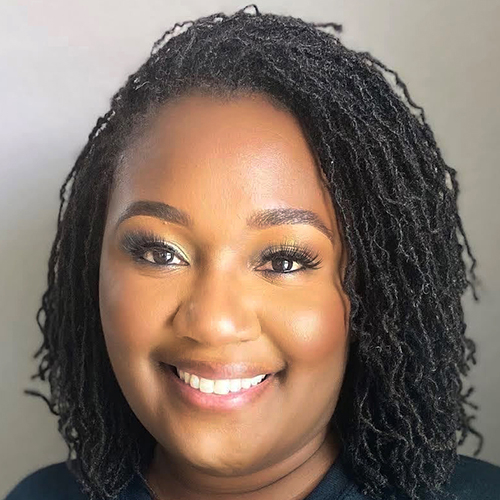

Courtney Polk is a registered nurse and International Board Certified Lactation Consultant. She is a native of New Orleans but currently resides in Dallas, Texas with her husband and their 2 children. Since graduating from Southern University School of Nursing in 2006, Courtney began her nursing career in labor and delivery and went on to earn a masters in nursing education in 2012. It wasn’t until having her son in 2014, and experiencing breastfeeding for herself that lactation became her focus and passion. Since becoming board certified she has helped countless families in the Dallas-Ft. Worth metroplex area meet or exceed their breastfeeding goals. Courtney is also the current president of the Dallas Lactation Consultant Association.
Donor milk is often an underutilized resource. Human milk donation has happened since the beginning of time through wet nursing and bottles. There are many reasons babies may need extra nutrition that their parents temporarily may not be able to provide. When supplementing becomes necessary donor milk can be a viable and sustainable option. However, many parents they have never heard of it and/or they don't know where to get it. Also, many parents have an abundance of milk and may not know what to do with it. This presentation will focus on how lactation professionals can do a better job of promoting donor milk and thereby promoting exclusive breastfeeding.
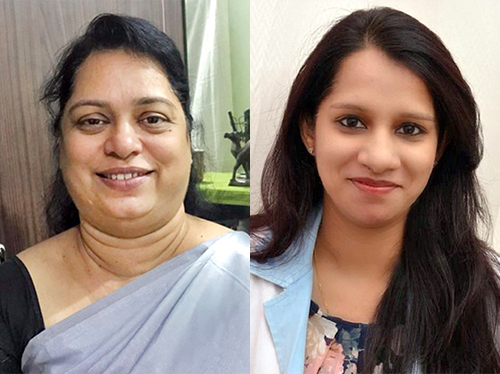

Ruth Patterson is Cloud Nine's P I O N E E R & Most Sought Lactation Specialist with 33 years of rich experience - currently practicing at Jayanagar C9, Bangalore-India and a visiting Lactation Consultant with 9 other Cloud Nine branches locally. She also heads the 24 Pan India Cloud Nine Hospitals as the Manager Lactation.
Ruth's 30+ years of rich experience includes maternity, allied health and nursing care, both in rural and urban sector in India & Abroad. Her exclusive 18 years of experience in Lactation services, she has acquired immense practical knowledge in the last decade to identify most critical disorders of mother and babies during breastfeeding stage. She is acclaimed to have expertise in a lesser-known art of re-lactation and induced lactation.
Ruth is known for her ability to identify the most critical issues in Breastfeeding and restore/re-initiate feeds. She is acclaimed for the use of Dynamic Taping (only available at Jayanagar C9) that arrests/prevents breast surgery/abscess. This Dynamic Taping practice, alongside, a Gynecologist, Pediatrician and Physiotherapist at Cloud Nine, is patented.
Ruth is a well sought out person for patient hearing and provides her expert comments in News columns/Media and also delivers guest lectures.
Dr. Shazia Shadab (PT) is the HOD of the Cloud nine physiotherapist department (PAN-India). She has 10 years experience and has been exceptional in her career with constant learning of new skills and improvising in her services.
She has multiple articles published in acclaimed newspapers
and many international certifications affiliated with her name like
pelvic girdle dysfunction, labor mechanism, and has done basic advanced certification in dynamic tapping to name a few. She also has pursued her post-graduation in research methodology after her bachelor's in physiotherapy.
She has always been keen to learn how to progress in a variety of different treatment approaches to find better results. This has helped her and her team to develop an intervention to prevent breast abscess with no surgical approach and has been granted a patent on "a device to promote feeding and scar-free treatment of breast abscess treatment during lactation".
She has worked along with professionals like Dr. Kishore Kumar, Dr. Prakash Kini, and Ruth Patterson, and has treated more than 100 patients suffering from breast abscesses without any surgical intervention. This would be an exceptional resource to help and provide better care.
She has extensive expertise in not only treating but also preventing multiple
musculoskeletal conditions during pregnancy and postpartum. She has been awarded the ABCD (Above and Beyond the Call on Duty) Award for her unwavering and selfless dedication to her patients.
"Lactational breast abscess is a common problem during breastfeeding. Surgical treatment of breast abscess involves maternal child separation and discontinuation of breast feeding. Surgical intervention with its inherent anxiety and probable unwanted side effects can deprive the lactating parent and baby of innumerable benefits. Non-surgical therapeutic modalities can potentially circumvent these problems. Dynamic taping with the help of a physiotherapist is a potential non-surgical intervention. This presentation presents the results of an observational, cohort study which was conducted in 20 consenting mothers with breast abscess attending an out-patient services tertiary maternal and neonatal unit. The mothers were administered two layers of dynamic tape as a single long segment on the breast avoiding the areola in an outward radiating direction to optimize lymphatic flow. Treatment was considered successful if there was resolution of the breast abscess with or without natural oozing."
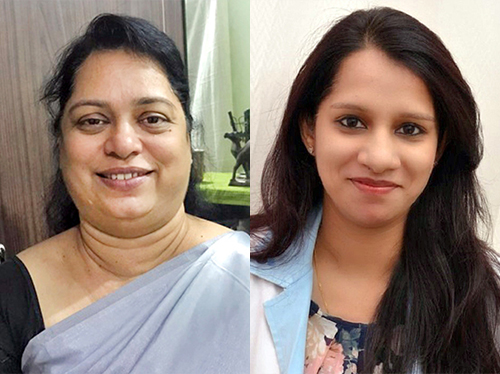
View Details / Enroll

Eating Disorders in the Perinatal Client: A Trauma Informed Model

Kristin is a Licensed Clinical Social Worker and IBCLC in private practice in central NJ. Her practice specialties are low supply, maternal and infant mental health, and the intersection of ethnicity, sexual orientation, and gender in the care of the new family. She has spoken on various lactation, mental health, and equity topics for USLCA, the Lehigh Valley Breastfeeding Association Conference, the Appalachian Breastfeeding Conference, LPPEC, LC in PP, and for LLL of the Garden State. She designed and taught a training course on Mental Health First Aid for Perinatal Providers. She has been a featured speaker on several lactation related podcasts.
She is the mother of two children who nursed full term despite maternal IGT, and who are now 16 and 13. She is an anti racist LGBT+ activist, a member of transformative works fandoms, and makes fighting for a better world part of her daily life.
As lactation professionals, we see clients who are experiencing many challenges during the perinatal period. Clients with eating disorders are uniquely at risk, as are their babies. This presentation will educate the perinatal professional about how eating disorders present in the childbearing year and beyond. It will explore the connection between trauma and disordered eating, and teach how to be a trauma informed provider for eating disordered clients. It will discuss the specific and unique challenges the person with an eating disorder may have during lactation, including postpartum body image, elimination diets, and provider bias. The learner will gain the skills needed to screen for disordered eating and provide culturally humble and appropriate referral for congruent care.


Rania Abdou is a Pediatrics and neonatology consultant at Faculty of medicine, Ain shams university where she teaches Pediatrics and neonatology courses. She earned a Diploma in the clinical nutrition from the European society for clinical nutrition and metabolism. Dr. Rania is also a certified international lactation consultant since 2013. She has dedicated much of her time to the improvement of breastfeeding practice between Egyptian women. Previously, she worked as a clinical director of the neonatal intensive care unit of ain shams university pediatric hospital and vice-director of the pediatrics department at the ain shams specialized university hospital.
The commonest reason of interrupted exclusive breastfeeding is assumption of insufficient breastmilk. Fenugreek has been traditionally used by Egyptian women to increase milk supplementation. However, this practice has not been scientifically evaluated yet. We elucidated fenugreek-tea effect on expressed breast milk quantity by a Comparative study on 2 groups of healthy mothers according to fenugreek consumption whom baby was admitted to Ain shams University NICU for more than 2 weeks and expressed breastmilk using manual breast pump divided into. Results showed earlier increase in mean breastmilk-volume in fenugreek group. Significant difference of pumped breastmilk quantity between groups at day 3 & 8 where fenugreek group showed higher volume yet at day 15 the net daily volume showed no significant difference between both groups. We concluded that fenugreek consumption may affect earlier stages of lactogenesis so can be used for satisfaction and reassurance in those stages.

View Details / Enroll



